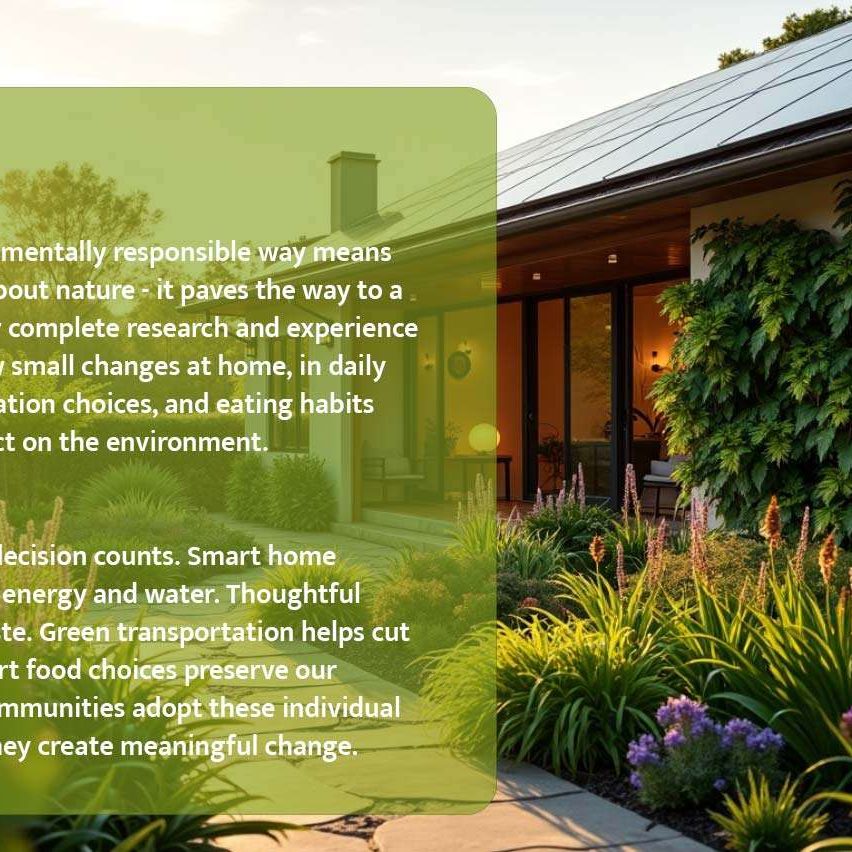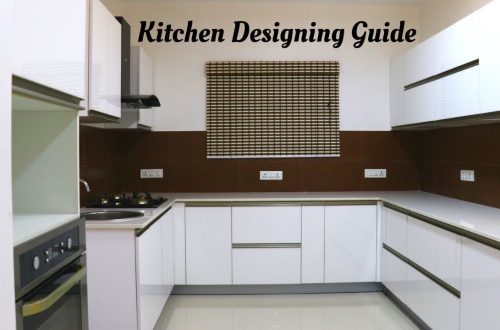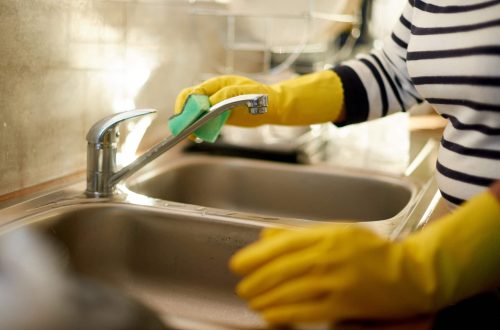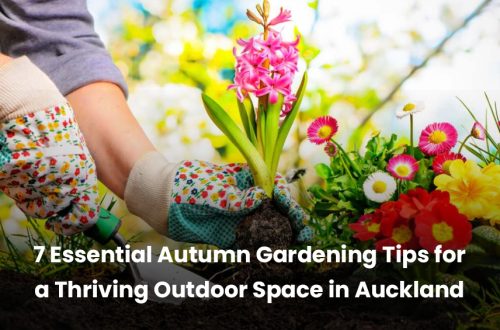Want to live a more eco-friendly life? It’s easier than you think! Sustainable living isn’t about drastic changes; it’s about making conscious choices that benefit both you and the planet. From the food we eat to the energy we use, every little bit counts. Let’s explore how incorporating gardens and green living practices into our daily routines can create a healthier, happier, and more sustainable future. Ready to get started? Let’s dive in!
Embrace Sustainable Living with a Home Garden
Imagine stepping outside your door and harvesting fresh, organic vegetables for dinner. That’s the magic of a home garden! But it’s more than just delicious food; it’s a powerful step towards sustainable living. Growing your own food reduces your carbon footprint by minimizing transportation and packaging. Plus, you know exactly what’s going into your food – no harmful pesticides or herbicides.
Benefits of a Sustainable Living Garden
- Reduces your carbon footprint.
- Provides fresh, organic produce.
- Saves money on groceries.
- Connects you with nature.
- Promotes a healthier lifestyle.
Think about the joy of sharing your homegrown bounty with friends and neighbors. It’s a simple act that can create a ripple effect of positive change!
Tip: Start small! Even a container garden on your balcony can make a big difference. Herbs, tomatoes, and lettuce are all great options for beginners.
Water Conservation for Sustainable Living Gardens
Water is a precious resource, and conserving it is crucial for sustainable living. How can you keep your garden thriving while minimizing water waste? There are several simple yet effective strategies you can implement.
Effective Water Conservation Techniques
- Mulching: Reduces evaporation and keeps soil moist.
- Rainwater Harvesting: Collect rainwater in barrels for irrigation.
- Drip Irrigation: Delivers water directly to plant roots, minimizing waste.
- Water-Wise Plants: Choose plants that are drought-tolerant and require less water.
Consider grouping plants with similar water needs together. This makes watering more efficient and prevents overwatering some plants while underwatering others. It’s a win-win!
Composting: A Cornerstone of Sustainable Living
What if you could turn your kitchen scraps into valuable fertilizer for your garden? That’s the power of composting! Composting is a natural process that breaks down organic matter into nutrient-rich humus, which is excellent for improving soil health and reducing waste.
Getting Started with Composting
It’s easier than you think! You can start with a simple compost bin in your backyard or even use a vermicomposting system (worm composting) indoors; Just remember to balance “green” materials (like vegetable scraps and coffee grounds) with “brown” materials (like leaves and shredded paper).
Interesting Fact: Composting not only benefits your garden but also reduces landfill waste and greenhouse gas emissions.
Don’t be afraid to experiment and find what works best for you. The rewards are well worth the effort!
Sustainable Living: Beyond the Garden
Sustainable living extends far beyond the garden. It’s about making conscious choices in all aspects of your life, from the products you buy to the energy you use. Think about reducing your consumption, reusing items whenever possible, and recycling properly.
Simple Steps for a More Sustainable Lifestyle
- Reduce your energy consumption by using energy-efficient appliances and turning off lights when you leave a room.
- Choose reusable bags, water bottles, and coffee cups.
- Support local businesses and farmers markets.
- Reduce your meat consumption.
- Repair items instead of replacing them.
FAQ: Sustainable Living and Gardening
Q: How do I start a garden if I have limited space?
A: Container gardening is a great option! You can grow herbs, vegetables, and flowers in pots on balconies, patios, or even windowsills.
Q: What are some easy-to-grow vegetables for beginners?
A: Lettuce, tomatoes, zucchini, and herbs like basil and mint are all relatively easy to grow.
Q: How can I attract pollinators to my garden?
A: Plant flowers that attract bees, butterflies, and other pollinators. Native plants are often a good choice.
Q: What if I don’t have time to compost?
A: You can still reduce waste by separating your food scraps and sending them to a local composting facility, if available.
Q: Where can I find more information about sustainable living?
A: There are many online resources, books, and local organizations dedicated to sustainable living. Do some research and find what resonates with you.
Sustainable living is a journey, not a destination. It’s about making small, consistent changes that add up to a big impact. By embracing gardens and green living practices, you can create a healthier, more sustainable life for yourself and future generations. So, take a deep breath, get your hands dirty, and start making a difference today. You’ll be amazed at how rewarding it can be. The earth will thank you!






